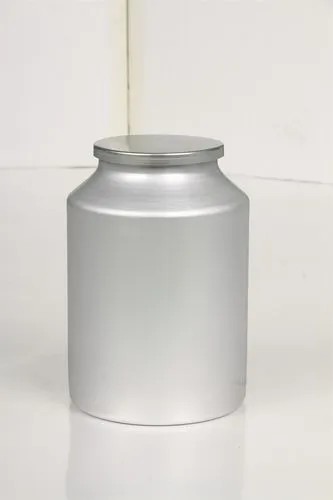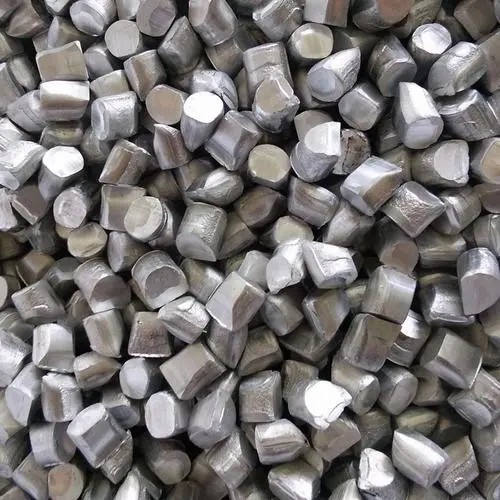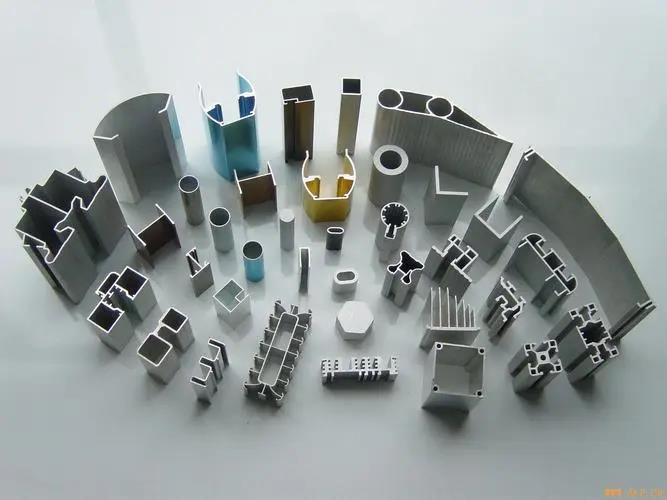Different Aluminum Grades
The first thing you need to know about aluminum is the different grades that are available. Aluminum comes in three basic types: 1100, 3003, and 6061. The grade of the aluminum will determine the end-use application and price point. For example, 1100 is a lower-cost material than 6061 but cannot be used for high-temperature applications like cooking utensils or pot lids.
3003 Aluminum
3003 aluminum is pure aluminum with an addition of manganese to increase its strength. As an alloy of aluminum, it has, nominally, 1.2% Mn, 0.12% Cu, and 98.6% Al. It is readily weldable, has a relatively low cost per pound, and can be used in most applications. It does not have the corrosion resistance of 6061 or 1100, but it is an economical alternative to those grades for some purposes.

3003 aluminum is the most commonly used form of aluminum. It is a general-purpose alloy that can be used for cooking utensils and pot lids, but it cannot handle high temperatures like those found in an oven or grill.
6061 Aluminum
Aluminum grade 6061 is often called “The Workhorse Aluminum.” It has much better corrosion resistance than 300 series alloys. Other benefits include its high heat welding properties as well as its strength when compared with the same thickness of 250 alloys.
This aluminum alloy can be used for products that experience a high level of wear and tear, such as guttering or furniture with exposed corners. The increased strength also makes it the best option to use in situations where there are high levels of humidity because it has an improved corrosion resistance over other grades.

1100 Aluminum
This is the purest form of aluminum commercially available, as it’s made with 99% min purity. It has excellent workability and ductility. This makes it a great choice for challenging forming operations. Even though this metal does not harden when worked or heated as other metals do, its corrosion resistance and weldability make it very versatile. Its high thermal conductivity also gives it an edge in applications that require thermal conductivity.
Aluminum 1100 is a versatile metal, which means it can be shaped into different shapes and products. These include chemical equipment, fin stock, dials, railroad tank cars, and nameplates in the manufacturing industry. This soft yet strong alloy is also used by industries like plumbing and lighting as well as many other manufacturers across various sectors, from cooking utensils to rivets for construction projects.

Aluminum is one of the most versatile metals on earth. It has a wide range of applications and is an important building material that can be used in many different ways, from construction to cooking utensils.
